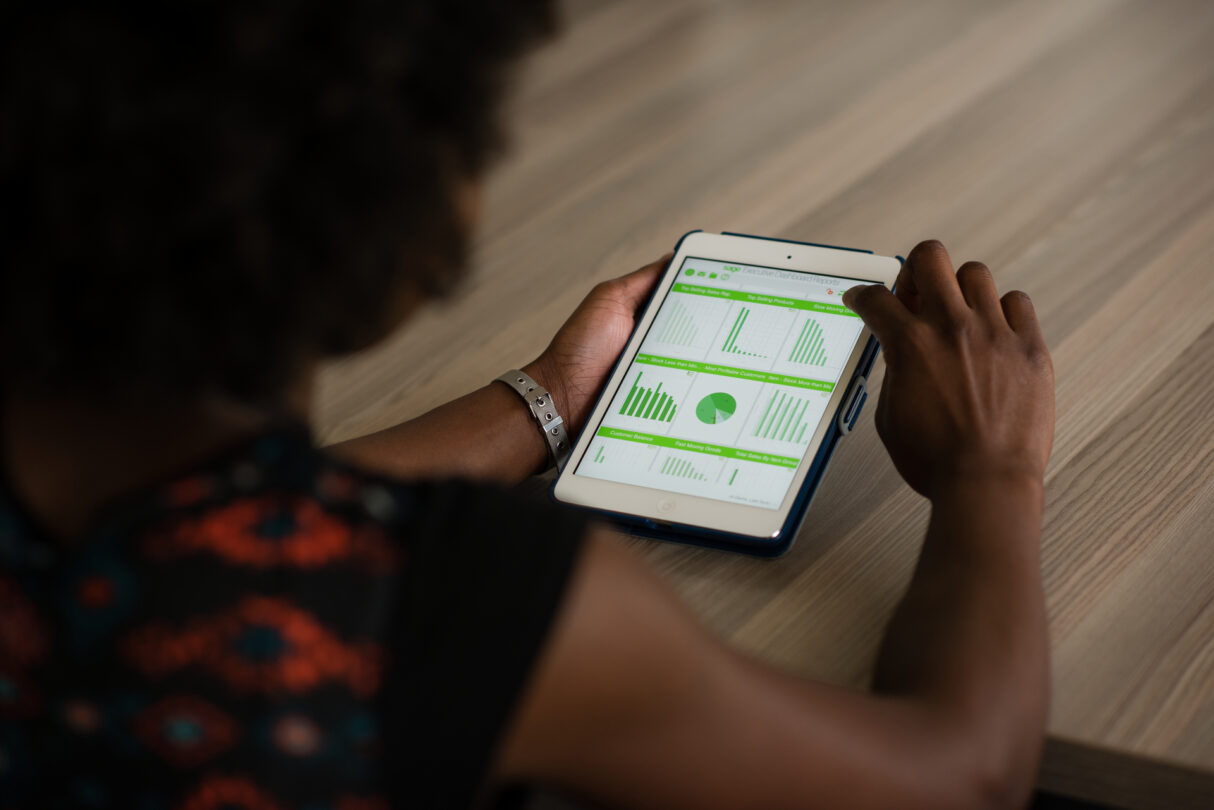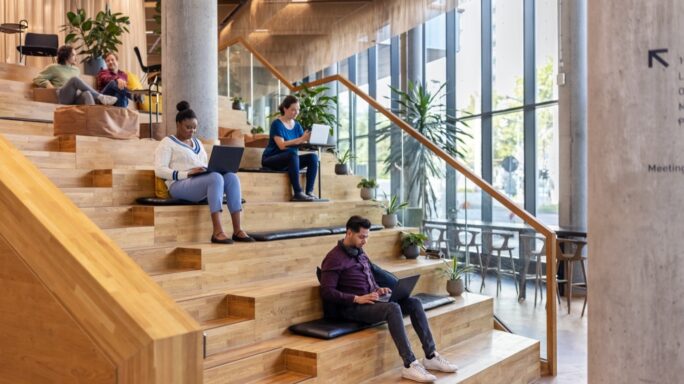How accountants can better take care of their mental health and wellness

Accountants are some of the most important people in our society, each helping to keep our economy going. They help make sense of (and solve) complex problems on an individual level for their clients, and then connect the dots to the wider fundamental functioning of all commerce, everywhere. So, we can’t afford to lose them! We need them! They’re going to be a crucial part of rebuilding our battered economy and are, as we speak, helping people and businesses everywhere get through an historic, traumatic global pandemic.
On top of just surviving the pandemic (and suddenly becoming the principal of a home-school, dealing with the work-from-home funk, or the constant anxiety that you/someone you love could literally catch a deadly virus), accountants have the added pressure of being the trusted advisors and first point of contact for small business owners (read: families) in financial distress.
It’s an already onerous job that not uncommonly keeps many accountants working 10- 12-hour days.
It’s no surprise then, that stress was a concern in the accounting profession long before the COVID-19 outbreak. But by 2021, surveys suggest that as many as one in three accountants suffers from unmanageably high stress, every day.
Tips for better stress management
Work smarter
Put in place clear and effective workflows and processes to help share the load and build efficiency into the way you manage your projects – so you don’t have to frantically keep all the balls in the air. Set realistic deadlines, use a calendar, and make a to-do list (or several).
Prioritise thoughtfully
Prioritise output over hours spent at work, for you and your team. Creating the space for this flexibility will allow people to find their best work groove, to manage their own productivity. Nurturing trust, a sense of personal freedom, and self-confidence can positively and dramatically impact day-to-day stress and frustration levels. Stick with two to three big projects at a time – ‘If everything is a priority, nothing is priority.’
Delegate
It’s okay to ask someone else to do something you don’t feel like doing, aren’t good at, or don’t have the time for. Spreading the load boosts overall productivity, especially when things unexpectedly get tough. Equally, be open to helping out someone else on your team who need it.
Good work vibes start at home
We’ve all heard this before, but brace yourself because you’re about to hear it again:
- Get enough sleep. Invest in an amazing pillow or mattress, and make your bedroom a dedicated sleep zone, with no clutter, smart devices, or other (digital) distractions that could wind you up when you’re trying to wind down.
- Set ground rules around eating and drinking. Whether that’s eating one balanced, home-cooked meal a day, stopping at one glass of wine, or not eating after 7 pm – it’s up to you! See it as part of self-care, not a strict diet. Be good to yourself and your body. Also, make sure you drink enough water – read up on the benefits of starting your day with a glass of water.
- Give your left brain a break. Because accounting is a left-brain activity, you might be shocked to see how refreshed you feel after carving out some time for right-brain creativity. Try art, pottery, baking sourdough, or singing in a choir: you’ll give your thinking brain a break and feed your soul at the same time!
- Learn to switch off. Whether it’s meditating, exercising regularly, getting back into yoga, or practicing mindfulness more intentionally when going about your day, find the thing that calms you and refreshes your mind. Throw in a walk over lunchtime, or an evening stroll for some fresh air, and you’ve technically exercised too!
- Set boundaries: Yep, we saved the best for last. It can be challenging to keep work and personal life separate, especially when you care about what you do, and your work has meaning. It’s admirable that you’d want to be available to your clients 24/7, but you need boundaries so you can keep going too! Be stricter about your working hours, whether that’s from home or the office, and try to consciously step away from that space (even if it’s your kitchen table). Say no more often and save your energy to help put out the big fires, when you’re really needed!
Make time for more
Cloud accounting software is a revolutionary game-changer for accountants, if only for this reason: It automates tasks, which saves time. Period. See, you just made time to meditate.
Consolidated reporting gives you the power to give clients more accurate and forward-looking advice, so you can offer them an even better consulting service without working harder or longer hours.
Direct feeds to SARS and banks streamline compliance. Oh, and it also automatically uploads VAT 201 submissions to SARS! Yes, you read right!
Share client, task, and calendar management features with your team, and you’ve just made delegating and organising workflows a breeze.
Talk about it: help erode the stigma
Unfortunately, there’s still a stigma attached to mental illness, especially in high-paced, competitive sectors like accountancy. The nature of the job means being the strong, logical, organised person in the business, so being okay with being emotional can be difficult.
Actively working to change the perception that mental illness is mental weakness, and implementing mental health first aid training at your workplace is a crucial step. See how you can actively advocate for mental wellbeing in your own workplace here, and check out some great tips on how to build mental wellbeing into your accounting practice here.
Turns out, not only does talking about our problems help (a lot), but it also helps us stop using the part of the brain that responds to fear, and gives our logical brain the chance to start chewing on the problem – and nobody (especially rational people like accountants) likes a lizard brain!
Go ahead, give it a try – ask someone how they’re really doing. But don’t forget to check in with how you’re doing.







Ask the author a question or share your advice